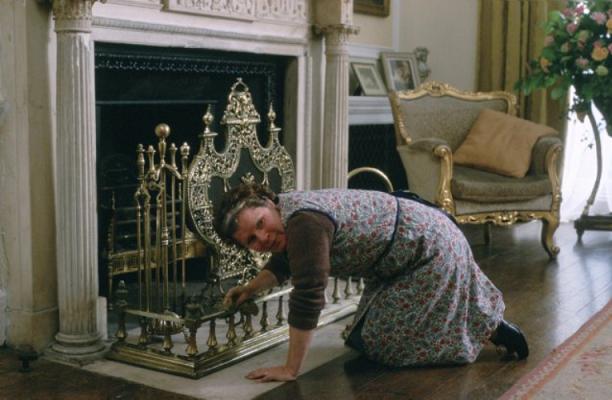| Academy Award Nominations: |
| Best Director: Mike Leigh |
| Best Actress: Imelda Staunton |
| Best Original Screenplay: Mike Leigh |
|
| Golden Globe Nominations: |
| Best Actress (Drama): Imelda Staunton |
|
| Other Awards: |
| Venice Film Festival: Golden Lion (Best Picture); Best Actress (Staunton) |
| New York Film Critics Circle: Best Actress (Staunton) |
| Los Angeles Film Critics Association: Best Actress (Staunton) |
| National Society of Film Critics: Best Actress (Staunton; tie) |
| European Film Awards: Best Actress (Staunton) |
| British Academy Awards (BAFTAs): Best Director; Best Actress (Staunton); Best Costume Design (Jacqueline Durran) |

